I spoke with Crystal Moselle about Betty, skateboarding, and growing up in New York.
Crystal Moselle is an American filmmaker best known for her captivating documentary feature THE WOLFPACK and the 2018 coming-of-age drama SKATE KITCHEN. Her most recent project, BETTY, premiered on HBO Nordic this May. Here at Toisto, I called it a pitch-perfect depiction of growing up in the modern age. So it was with great excitement that we got to attend an online Q&A session with Moselle to chat about her films, life during the global pandemic, and what BETTY has to say to people around the world.
This interview has been edited and condensed for clarity.
What was the inspiration for going from SKATE KITCHEN to BETTY?
The girls in the film are not actors — I overheard them talking on the train by coincidence — and I had this intuition about them when we met. I was a documentary filmmaker, so I wasn’t used to dealing with professional actors. So it was a process we’ve gone through together to get into that world more and perfect the craft. I learned what to listen for when I’m around them; what stories to take, and how to work together. Before BETTY we made the short film THAT ONE DAY, so we’ve been working together for years, perfecting our craft more and more.
Do you talk to your cast about the storylines you’re creating?
They’re consultants on the show and the movie and the short, so they’re part of the process. They bring authenticity, and that’s very important in that we’re creating a version of their world that still feels authentic.
The show has a great sense of finding a family or a crowd that accepts you.
It’s about finding your people, love, and coming of age, which the movie also dealt with. I feel the show expands on that even more.
How do you go about filming the skateboarding scenes?
Generally, with my work, there’s an intuitive flow to what we do. When we’re skateboarding I let them do their thing and I just capture it. The cinematography is incredibly important because it needs to feel like we’re just discovering this like we’re capturing this for the first time.
How do you feel about the series coming out now during the lock down?
It’s a wild time in NY right now because a big part of living in the city is that the outside is our living room. It’s our place to interact here. To be confined into our homes – or the responsible ones at least – it’s such a weird feeling.
I wanted people to experience a side of New York they’ve never experienced before.Crystal Moselle on filming the skateboarding scenes for BETTY.
What about female skateboarding do you find so fascinating?
To me, it’s like dancing. The way they respond to the street and the sidewalk and the city is very beautiful. In my brain, I was thinking of something like PINA.
Was it difficult to make friends with the girls and gain their trust?
When I met them for the first time we just got coffee and talked about what it felt like for women to skateboard in New York. I think they trusted me because we had a vibe. I feel like they’re my little sisters.
What does Betty say about young women’s street sports?
The girls in Skate Kitchen aren’t trying to be pro-skateboarders. There are real greats out there like Jenn Soto and Elissa Steamer, and the girls here are just saying that this is fun. Something that anyone can do. Not all of us are good, but we’re having fun.
What role does social media play in the lives of the characters?
Social media is a double-edged sword. It brought these women together but it’s also something that’s incredibly addicting and difficult. But then again, for a young woman in skateboarding, it’s important that they could use it to find each other.
How does it feel going from documentary to television?
I’ve been making commercials for many years, so I’m very familiar with collaborating in different environments. It felt great to have more resources and support. HBO is so good to work with because they trusted my view and listened to my notes. They get it because they’re always trying to look into the future of art and cinema to see what the next stage is.
Was it challenging expanding SKATE KITCHEN into a series?
As an expansion it was great, I had so much support. The challenges are more in the rehearsals and the scripting process cause there was so much to go through. With more experienced actors there’s maybe a process they go through, but these girls didn’t have that, so we did weeks of rehearsals. Then you go into the actual shooting, so it was three months of working on this, which is a lot.
Do you think non-professional actors with training end up being more natural than trained actors?
I do, one of the challenges I find is bringing actors to the level of non-actors. Audiences aren’t completely used to seeing this loose acting where it’s a lot of improvs and them talking like real people. And people think as they talk, so there are a lot of imperfections that pop up.
What do you consider has been your biggest achievement in making BETTY?
Anything I do is my next big achievement, cause I learn so much from it and take it to my next project. There isn’t one part about Betty that is just that, it’s all the parts. I’m incredibly proud of the girls and how hard they work, and they’re working with acting coaches to refine their craft, so for me the moments where there’s an incredibly emotional scene and they make me feel something. I think that it’s something amazing we’re doing.
I think they trusted me because we had a vibe. I feel like they’re my little sisters.Crystal Moselle on the connection with her actors.
Both SKATE KITCHEN and BETTY have been compared to Larry Clark films, do you think that’s fair or are there other inspirations?
I consider myself a documentary filmmaker, so I try to get into their worlds and make them feel real, which is why I think it gets compared to Kids. But the story couldn’t be more different. I was more interested in a hybrid type of film, like ALL THESE SLEEPLESS NIGHTS. That film, when I watched that, I decided to go for something else than a straight-up documentary. Because I realized that I could make my own rules instead of following someone else’s. For me, that’s the most inspiring part of it all.
The show reflects how sexism is expressed in this community. How did you tackle this particular angle?
I didn’t want to over exaggerate too much. At the end of the day, they skate these parks daily and have tons of boys that are their friends. I think the microaggressions and sexism that happen — I don’t think most boys or men would say they’re sexist — but it’s society at large. We’re trying to change that. That’s why the show is called BETTY. We’re trying to reclaim that because it was a derogatory term about women who just hang out with skateboarders without actually skating for themselves.
There’s a very poignant MeToo story, did that come into the series early on in the development process?
In SKATE KITCHEN there’s a scene where the girls compare the things that happened to them when they were young, and I felt that it was something I remembered from my youth. Where I thought that it was something normal that I just had to deal with. So when I met these girls I knew that we could tell different stories and change men.
Another aspect of the story is cultural appropriation. Is that a theme that also came in early on?
The photo-shoot story actually happened in real life, and it’s something the girls deal with a lot in fashion. If we get a season two, we’d definitely explore it even more.
The show also tackles the racial dynamics between the girls.
It was inspired by real things that had happened. There was a point where they all got into a thing, some woman started a fight and some of the girls ran off, and Moonbear didn’t. I asked her why and she just said; I can’t run, you know what happens if I run. It’s very real for her and something we Americans deal with a lot.
Would you see BETTY as a story that could continue for many more seasons?
There are so many stories to tell and so many women in the NY skate scene that there’s a fascinating through line that we could explore.
What are the Betties doing during the pandemic?
They are indoors like responsible citizens! We’re all trying to support staying at home for all the workers taking care of our country right now.
What would you like audiences to take away from BETTY?
It’s a microcosm of the idea that we can do things that we normally feel like we can’t do. I want people to be inspired by that.
BETTY is now available on HBO Nordic.


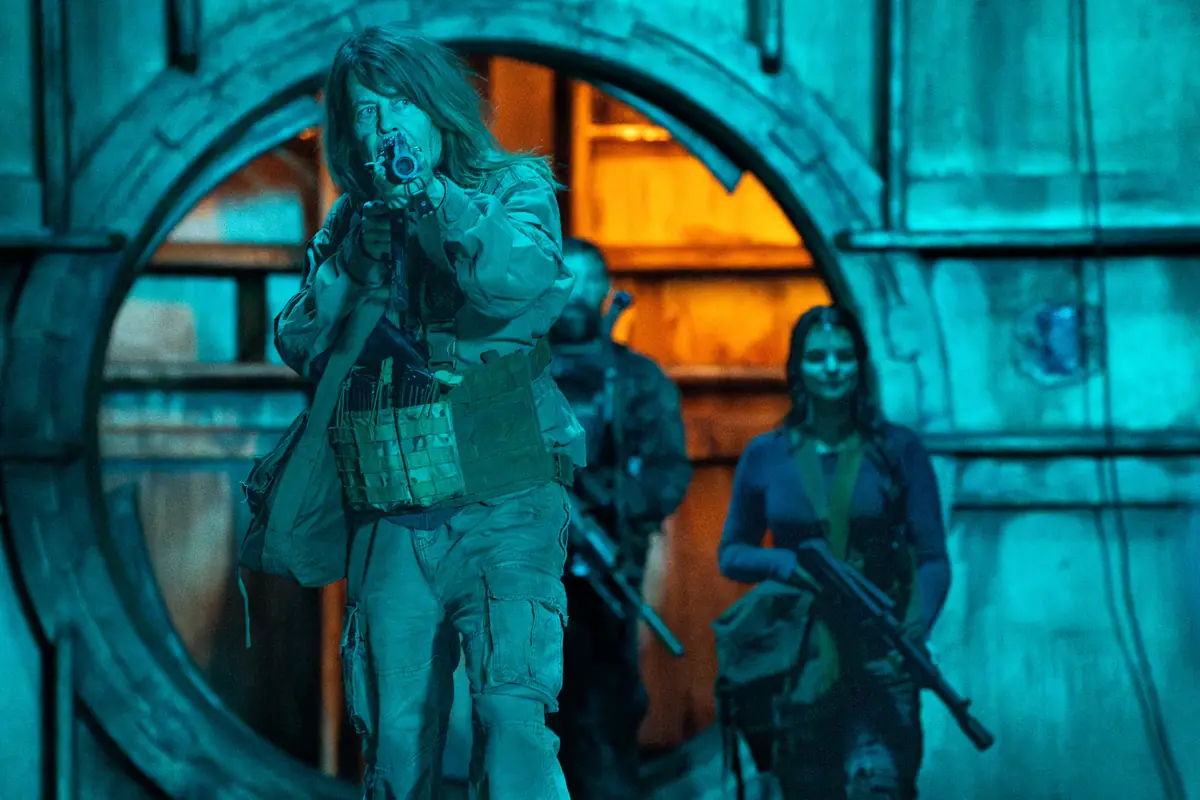

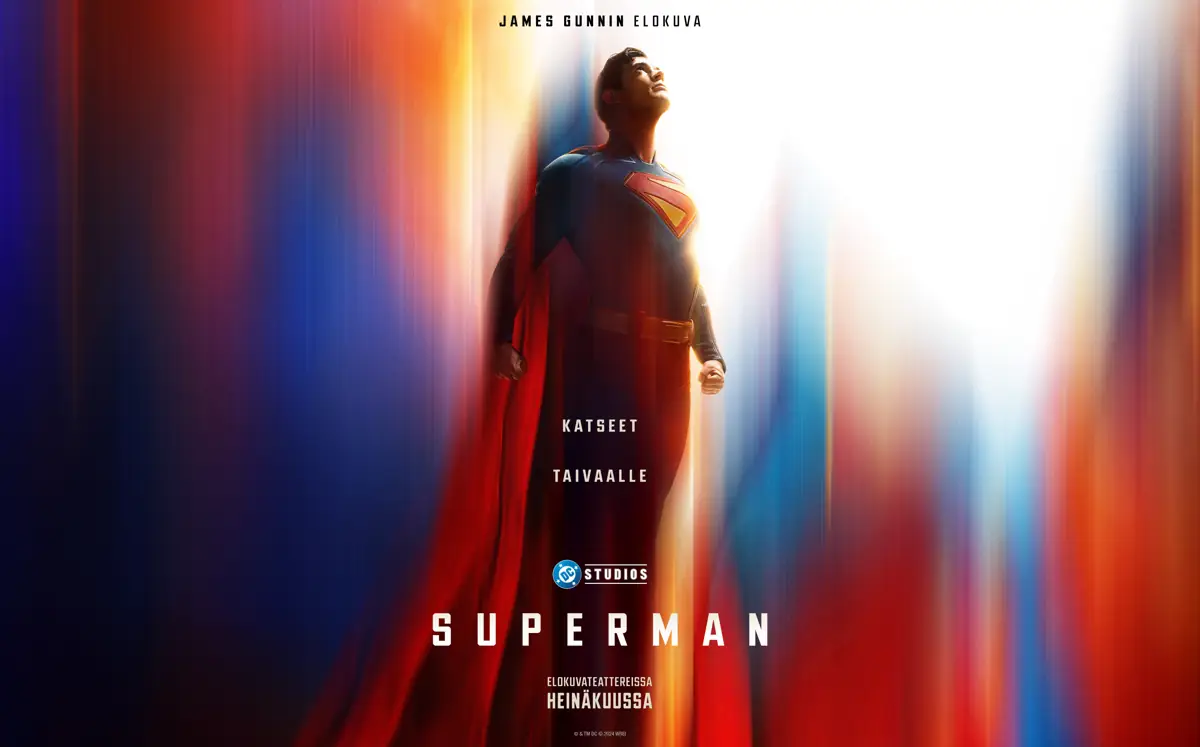

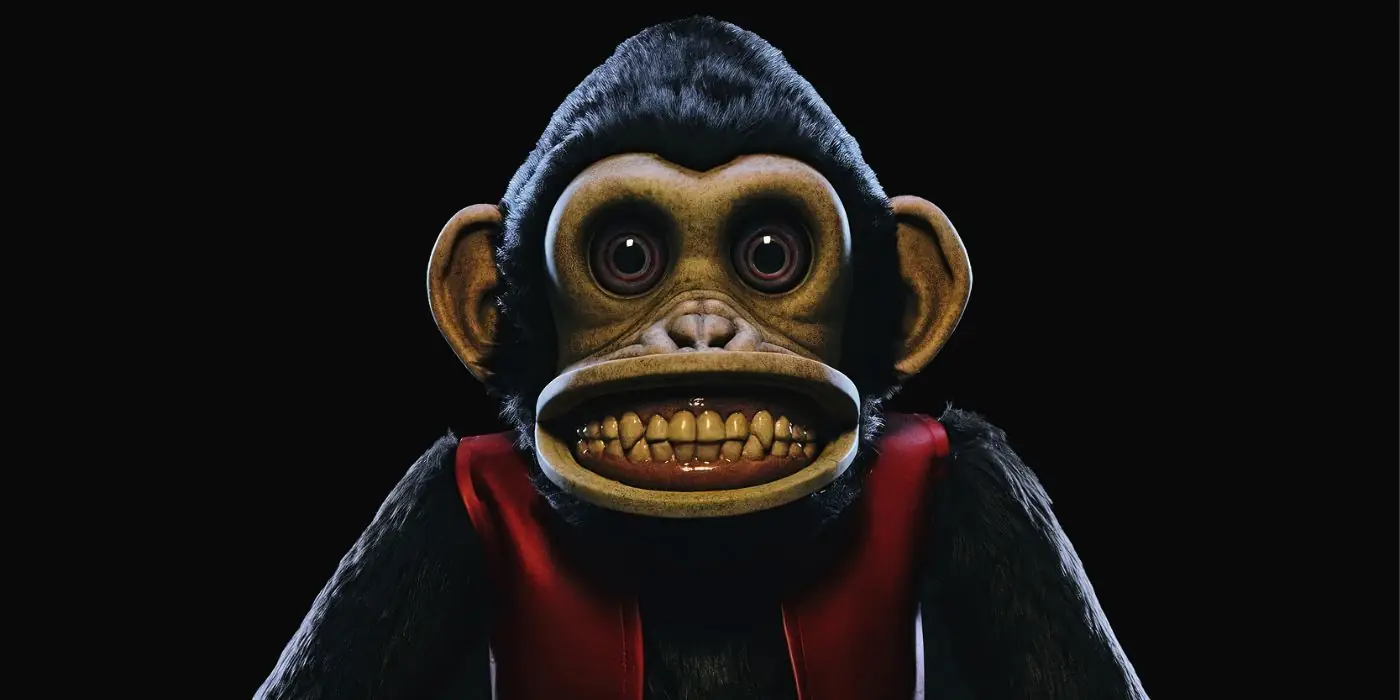
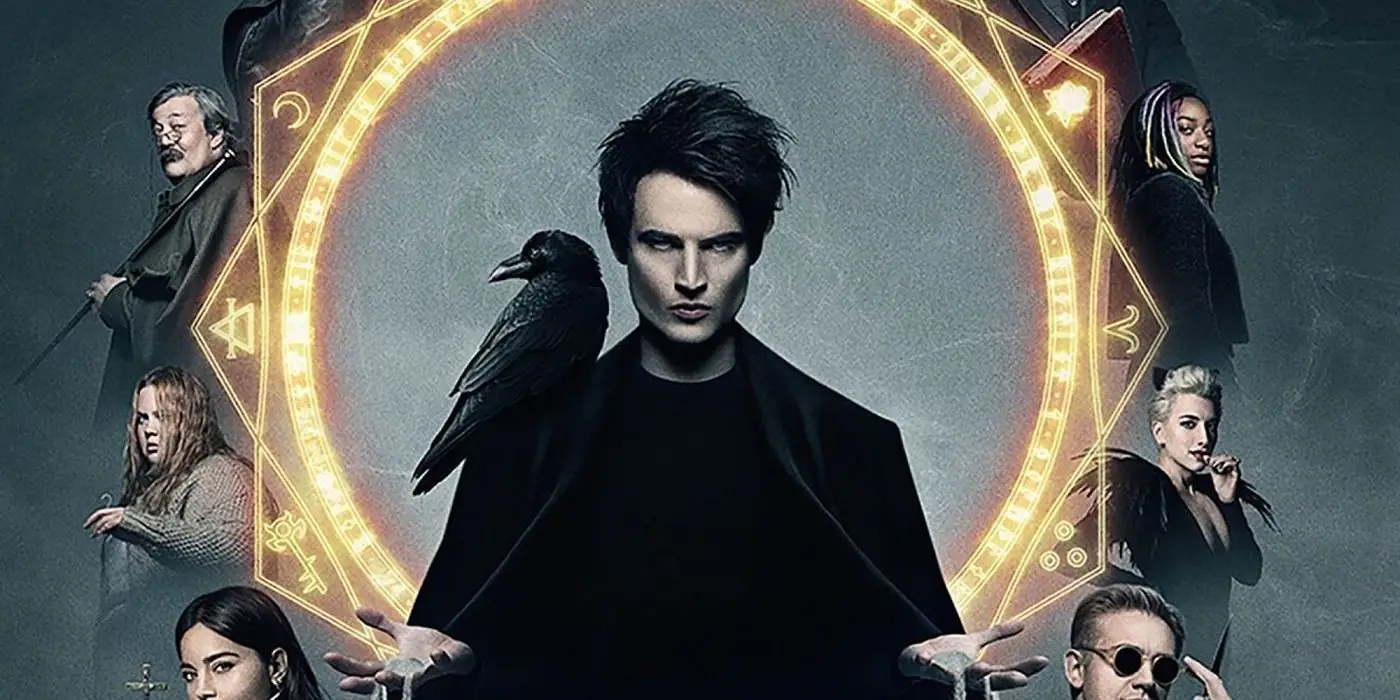
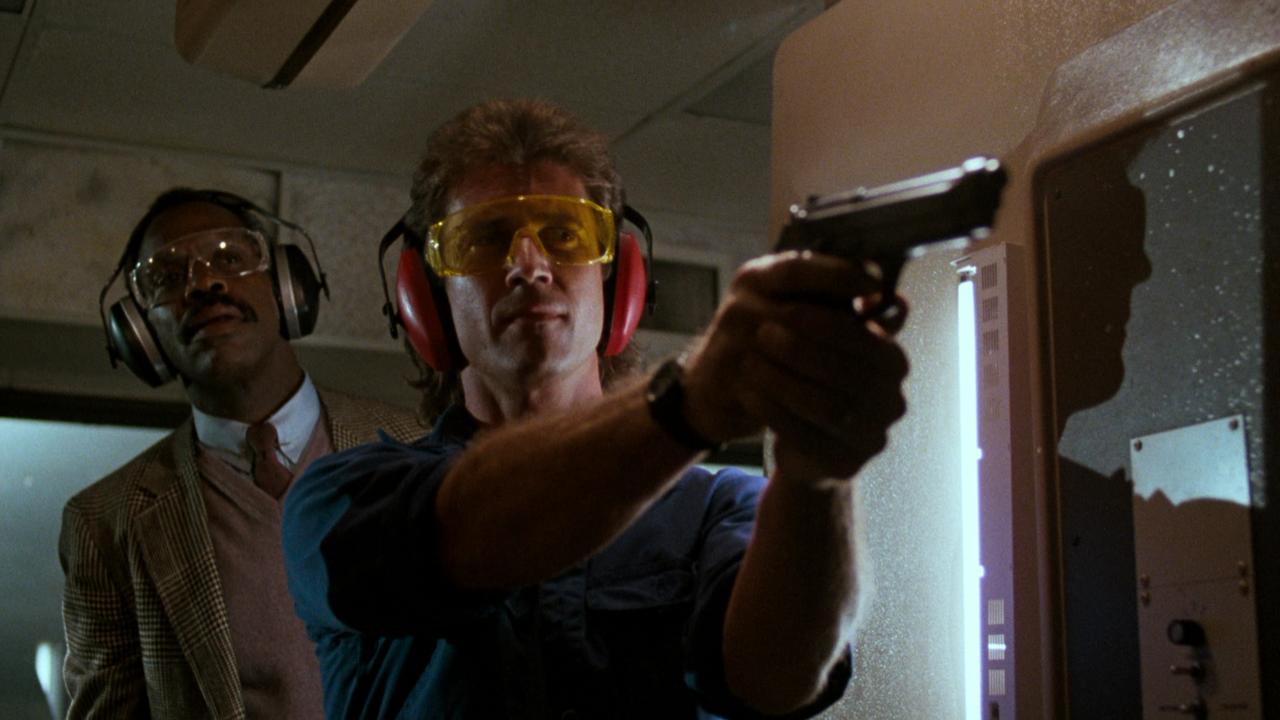

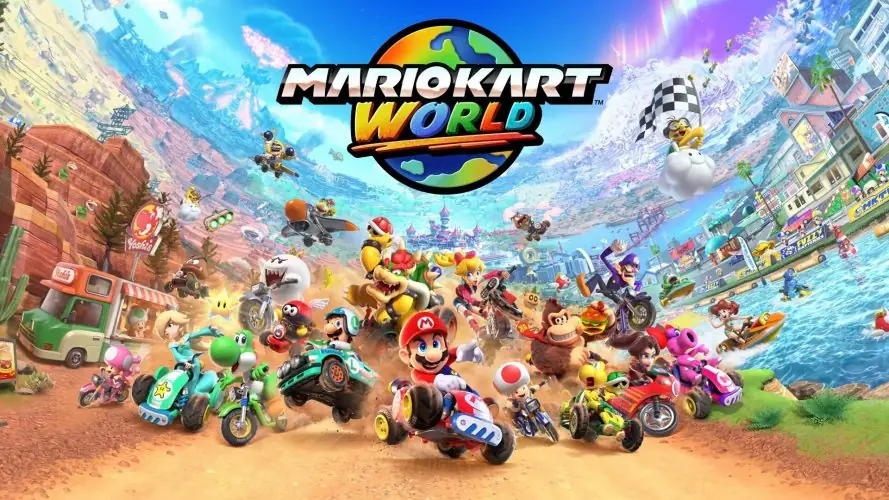
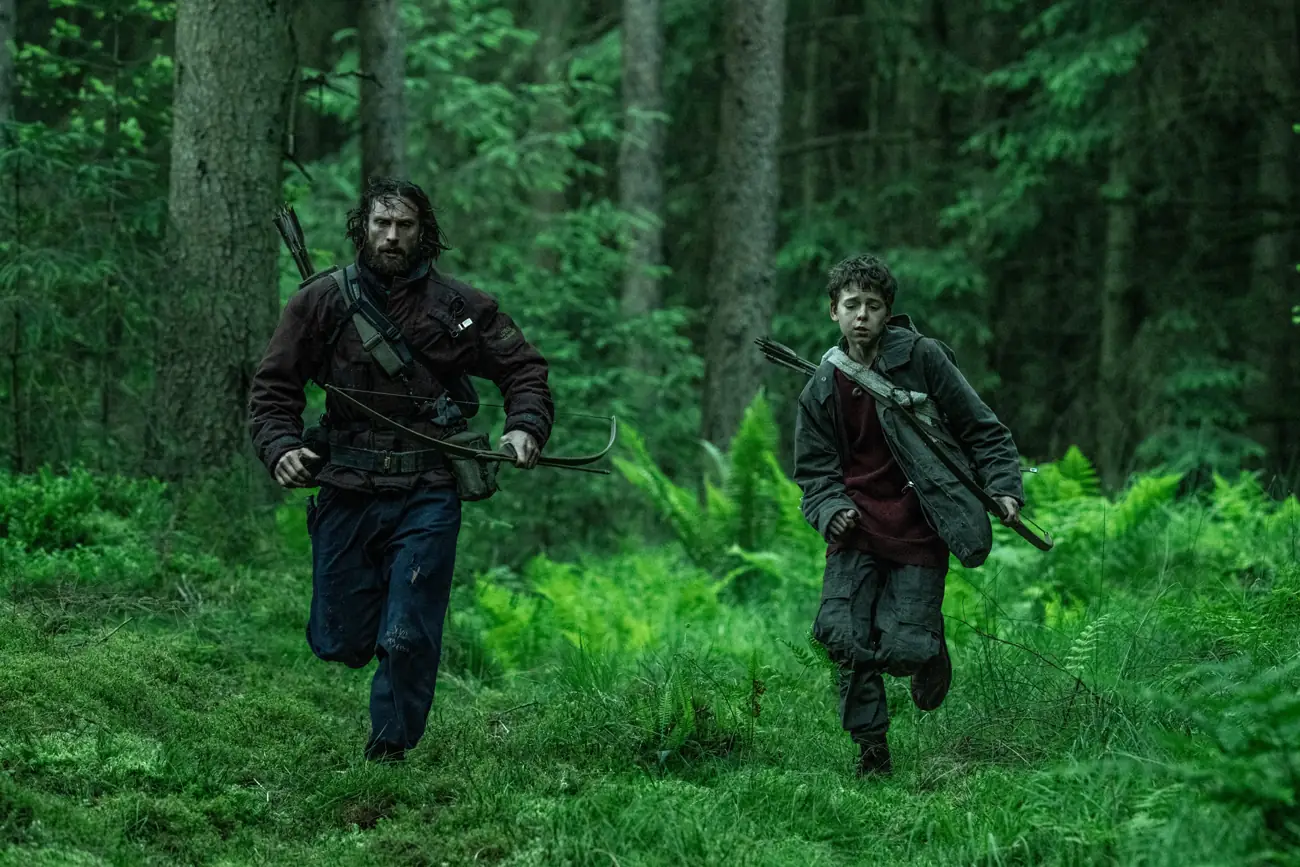

Discussion